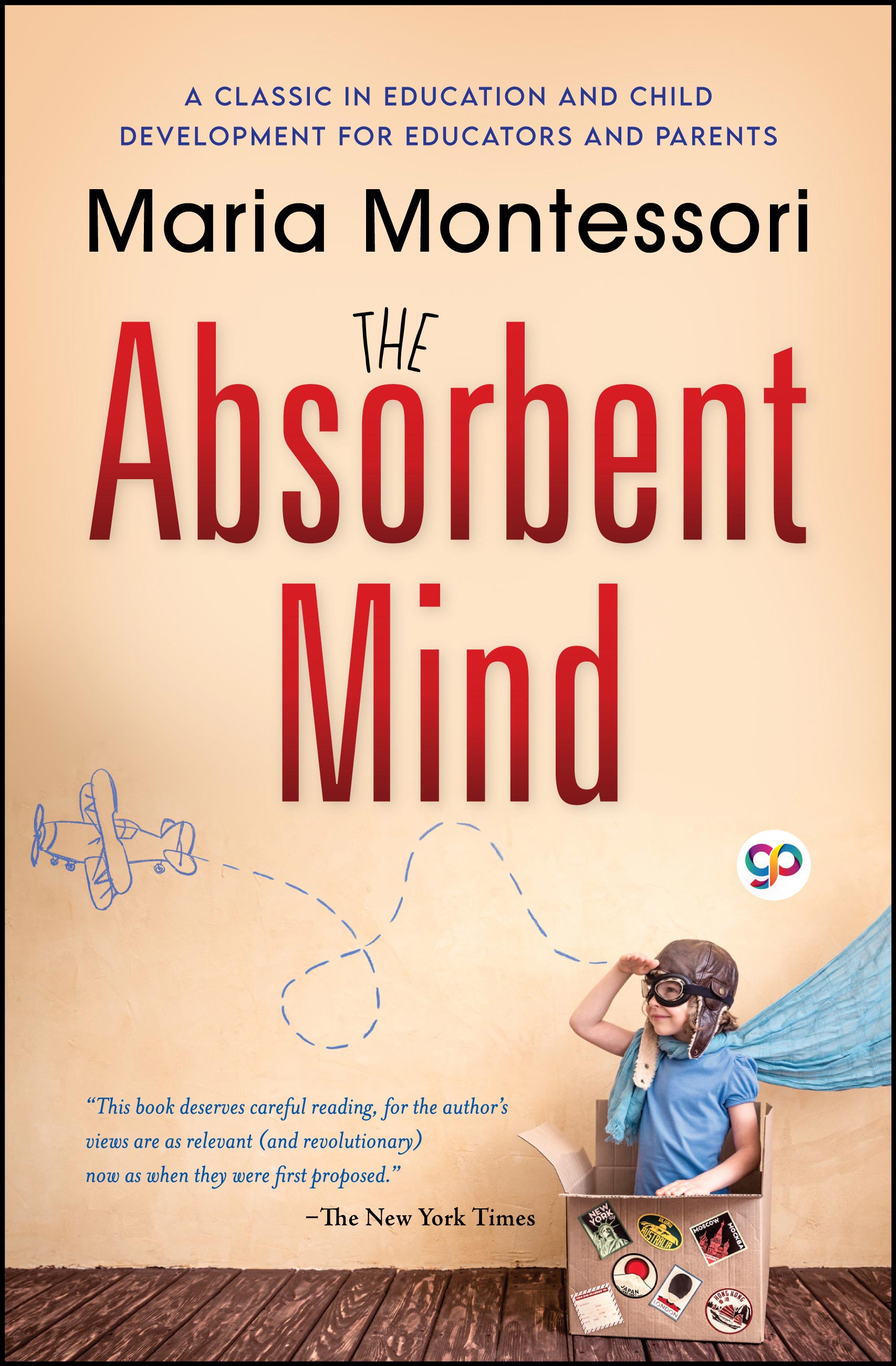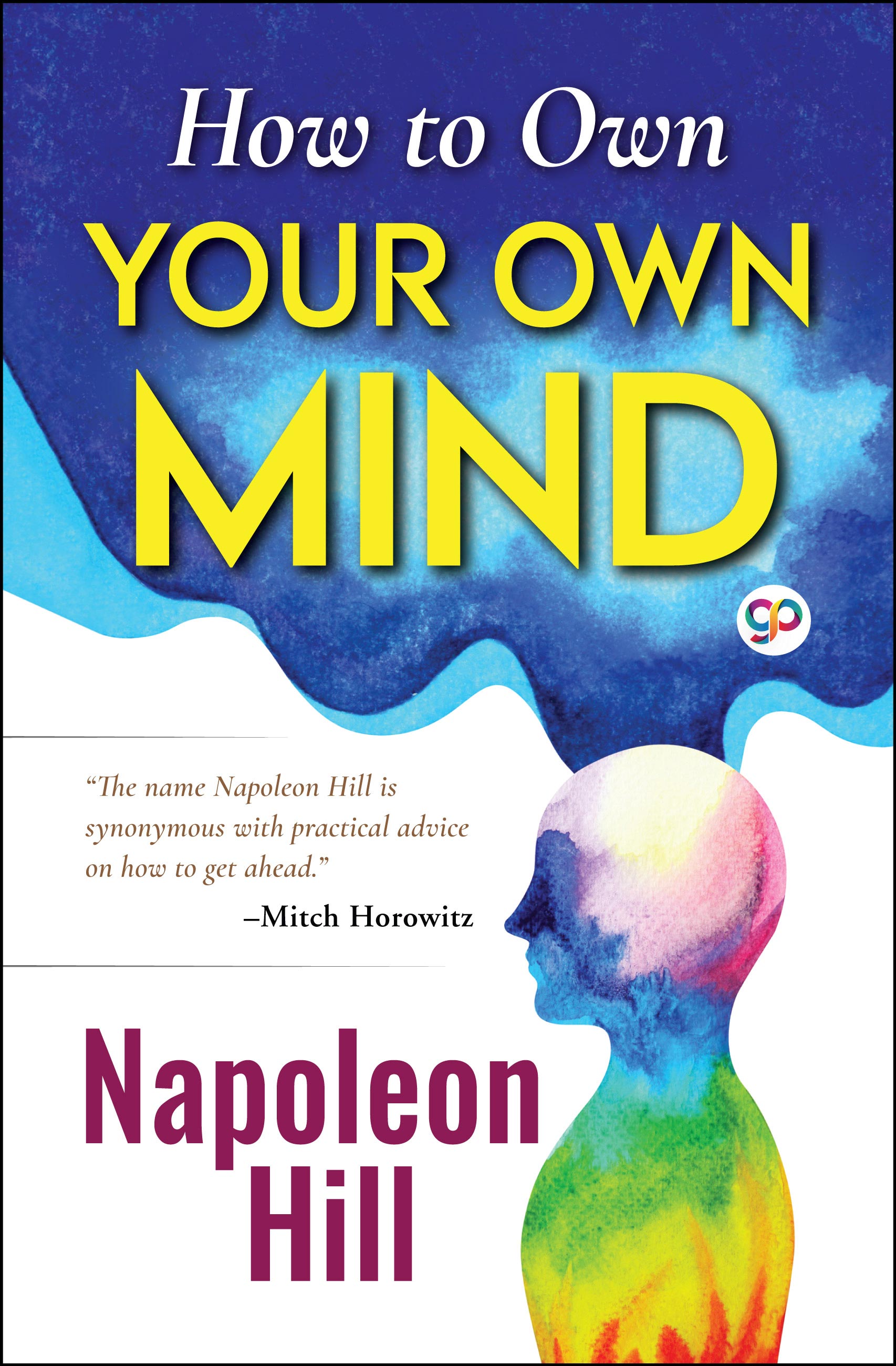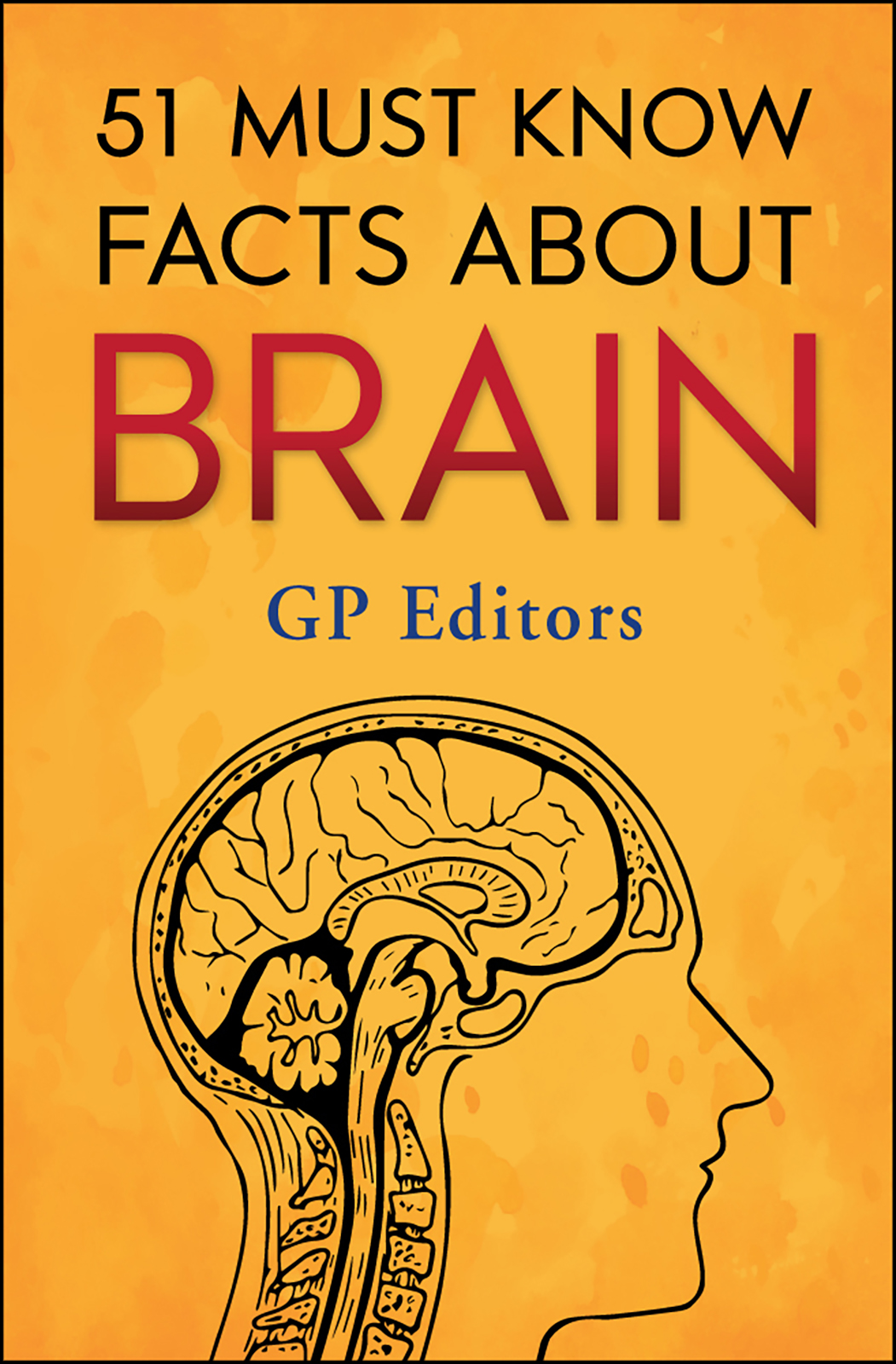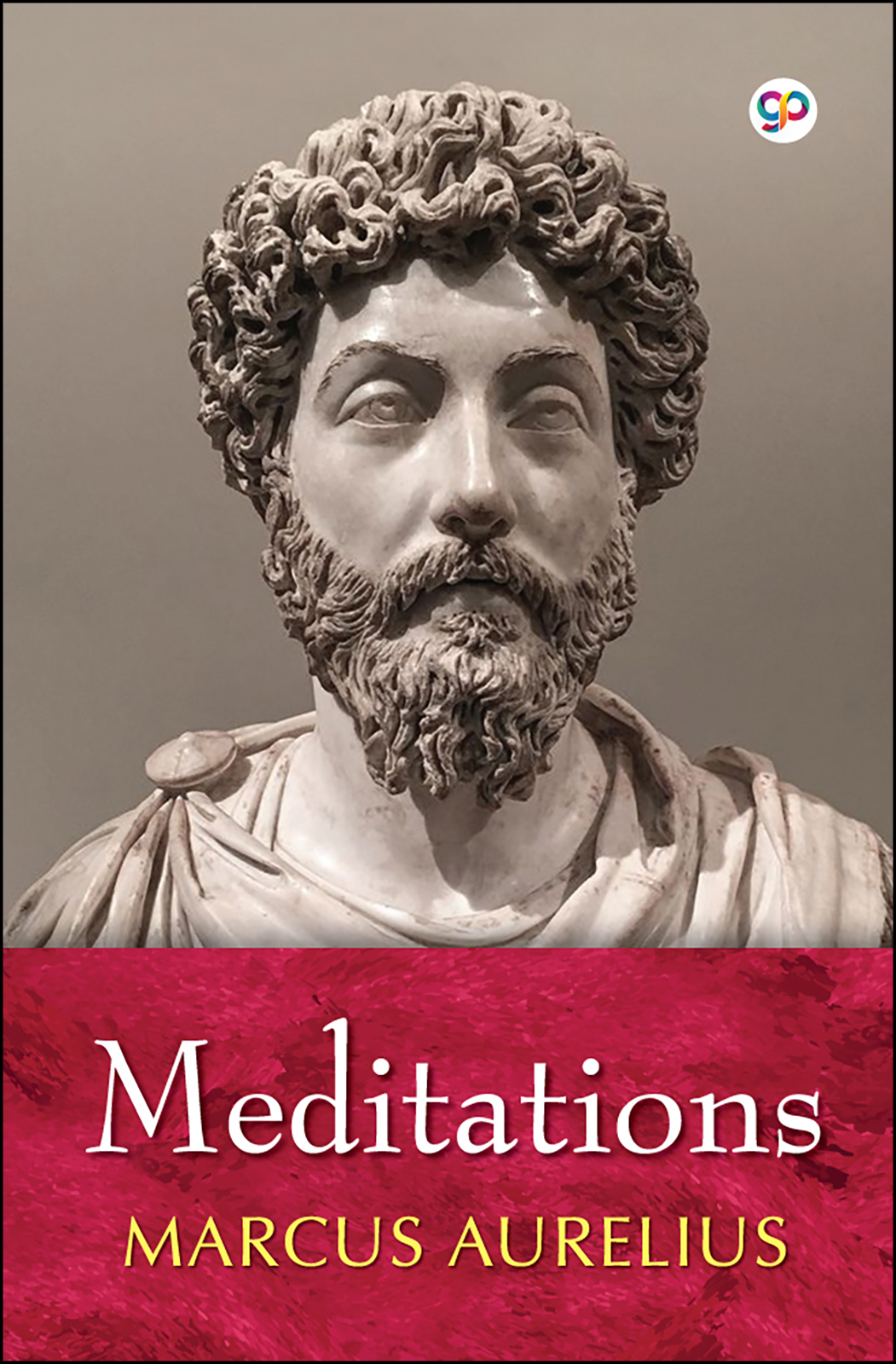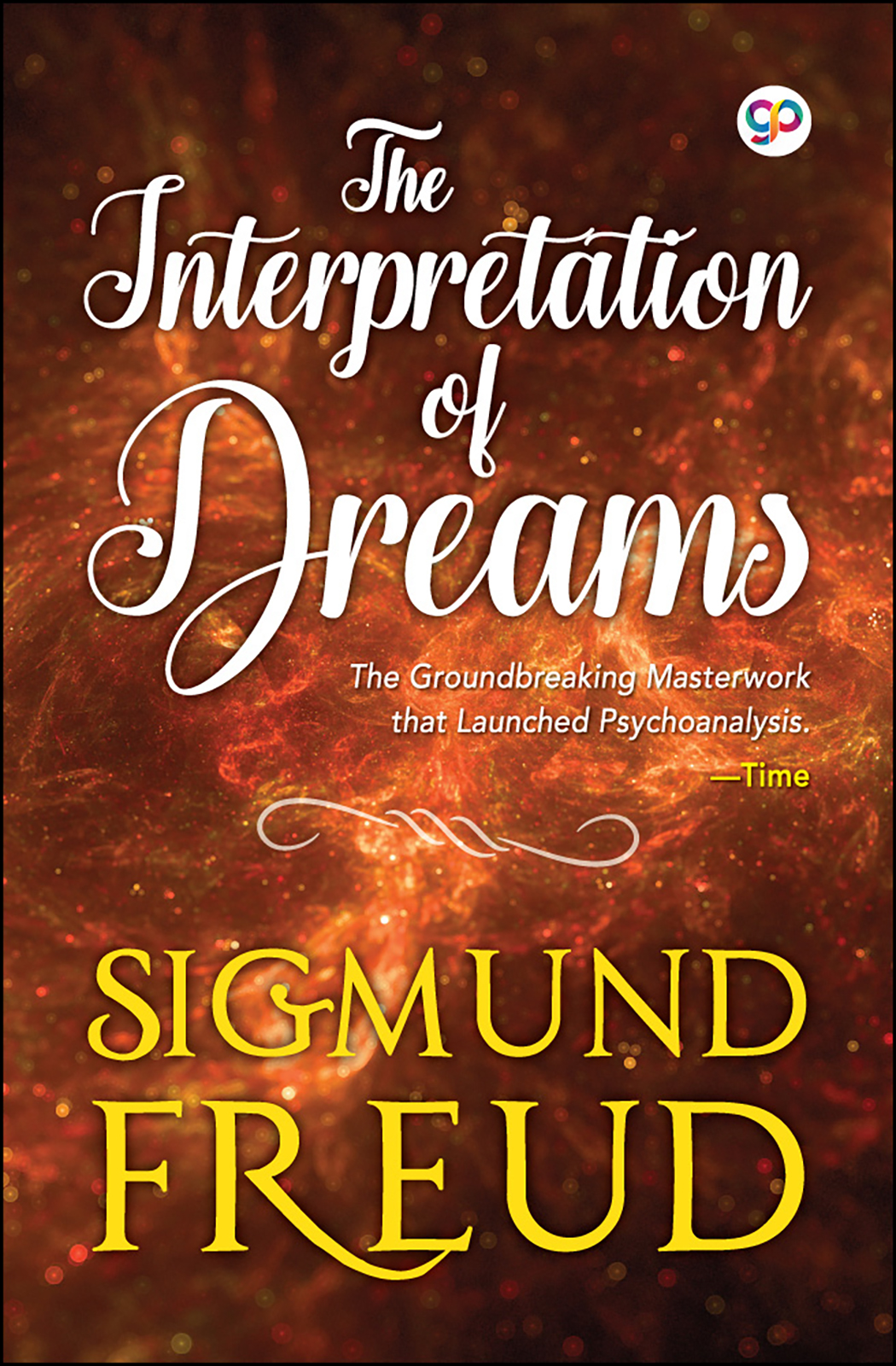
The Interpretation of Dreams (Paperback)
First published in 1899, ‘The Interpretation of Dreams’ written by Sigmund Freud, presents the theory of the unconscious with respect to dream interpretation and discusses what would later become the theory of the Oedipus complex. Sigmund Freud is an Austrian neurologist and the founding father of psychoanalysis, a method for treating mental illness and also a theory that explains human behavior. Freud believed that events in our childhood hold a great impact on our adult lives, shaping our personality. In creating psychoanalysis, Freud designed therapeutic techniques such as the use of free association and discovered transference, establishing its central role in the analytic process. Freud saw that man is at war with himself and often unable to tolerate too much reality. He propounded the theory that dreams are the contraband representations of the beast within man, smuggled into awareness during sleep. In Freudian interpretation, the analysis of dreams is the key to unlocking the secrets of the unconscious mind.
BEST SELLERS
About the Author
Sigmund Freud (1856-1939) is one of the twentieth century's greatest minds and the founder of the psychoanalytic school of psychology. His many works include 'The Ego and the Id', 'An Outline of Psycho-Analysis', Civilization and Its Discontent, and others. He was an Austrian neurologist who became known as the founding father of psychoanalysis. Freud qualified as a doctor of medicine at the University of Vienna in 1881, and then carried out research into cerebral palsy, aphasia and microscopic neuroanatomy at the Vienna General Hospital. He was appointed a university lecturer in neuropathology in 1885 and became a professor in 1902. In creating psychoanalysis, a clinical method for treating psychopathology through dialogue between a patient and a psychoanalyst, Freud developed therapeutic techniques such as the use of free association and discovered transference, establishing its central role in the analytic process. Freud's redefinition of sexuality to include its infantile forms led him to formulate the Oedipus complex as the central tenet of psychoanalytical theory. His analysis of dreams as wish-fulfillments provided him with models for the clinical analysis of symptom formation and the mechanisms of repression as well as for elaboration of his theory of the unconscious as an agency disruptive of conscious states of mind.




